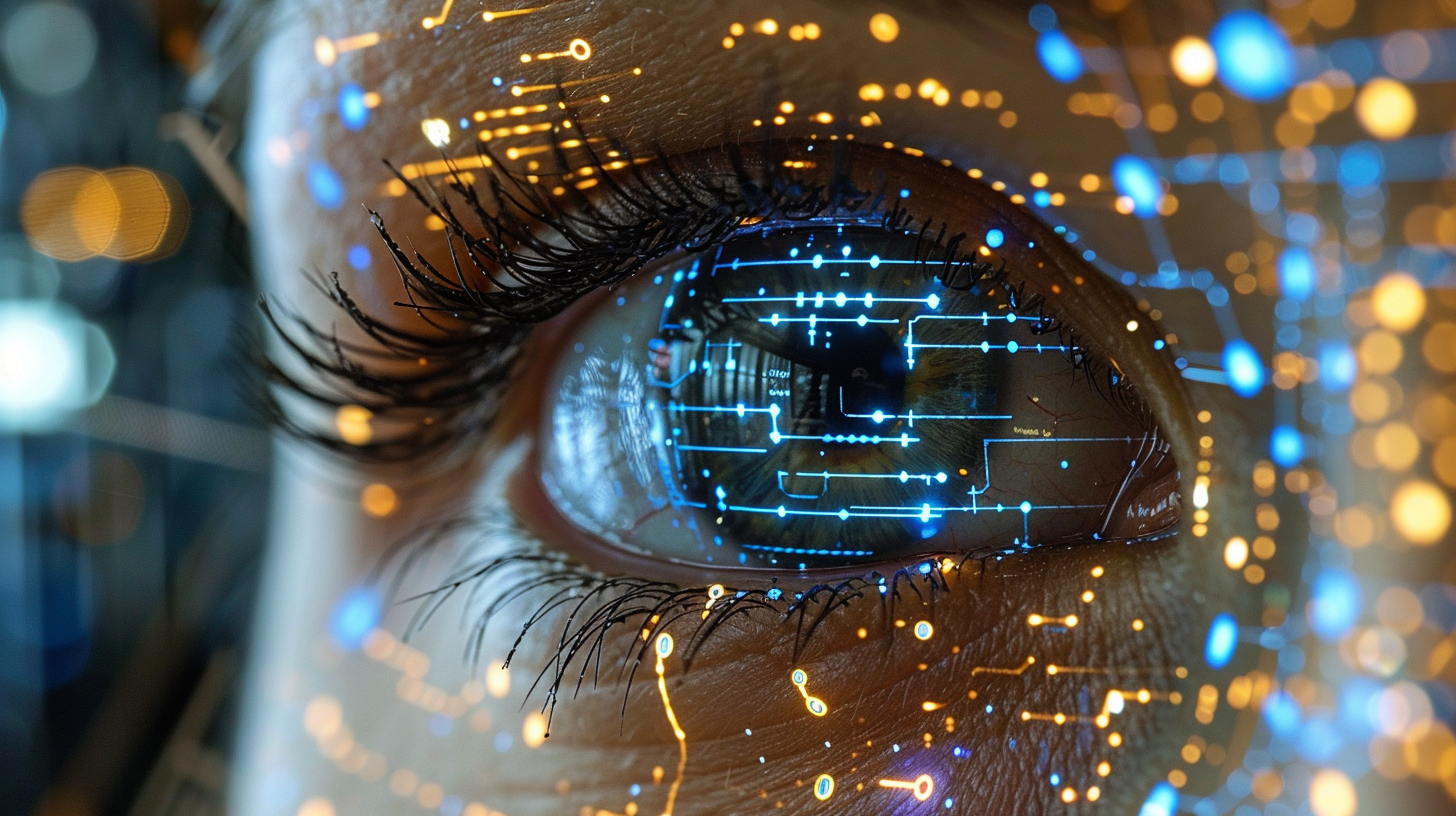In the whirlwind of technological evolution, the Advancement of AI in Today’s Era stands as a towering testament to human ingenuity and foresight. As we traverse through 2024, artificial intelligence (AI) has not only reshaped industries and societies but also redefined the very fabric of our daily existence, marking a new epoch in the annals of technological progress.
The Quantum Leap in AI Capabilities
The current era has witnessed an unprecedented acceleration in AI development, characterized by leaps in machine learning, natural language processing, and robotic automation. These advancements have propelled AI from rudimentary computational tasks to complex decision-making processes, mirroring and often surpassing human intelligence.
- Machine Learning Mastery: AI systems now exhibit unparalleled proficiency in learning from data, enabling them to predict outcomes, recognize patterns, and make decisions with minimal human intervention.
- Language and Communication Breakthroughs: Advances in natural language processing have empowered AI to understand and generate human-like text, facilitating seamless interaction between humans and machines.
- Autonomous Systems: Robotic automation has reached new heights, with AI-driven robots performing intricate tasks in manufacturing, surgery, and even creative fields like art and music.
These monumental advancements in AI capabilities have not only expanded the horizons of what machines can achieve but have also opened up new realms of possibility across various sectors, heralding a future where AI’s potential is boundless.
AI’s Impact on Society and Economy
The proliferation of AI in today’s era has exerted transformative effects on both societal structures and economic paradigms. The integration of AI into everyday life has reshaped how we work, learn, and interact, fostering a new era of digital revolution.
- Revolutionizing Workplaces: AI has automated routine tasks, freeing humans to focus on creative and strategic endeavors, thus altering job roles and industries.
- Education Transformation: AI-driven educational tools offer personalized learning experiences, making education more accessible and effective for diverse learners.
- Economic Shifts: AI technologies have catalyzed new business models and industries, significantly impacting global economies and labor markets.
The influence of AI extends beyond mere technological upgrades; it has catalyzed a societal metamorphosis, ushering in an era where digital intelligence plays a pivotal role in shaping our collective future.
Challenges and Ethical Considerations
Despite the numerous benefits, the rapid advancement of AI also presents significant challenges, particularly in the realms of ethics, privacy, and employment. As AI becomes more ingrained in our lives, it is imperative to address these issues to ensure the technology’s beneficial evolution.
- Ethical AI Use: Establishing ethical guidelines for AI use is crucial to prevent misuse and ensure that AI benefits society as a whole.
- Data Privacy and Security: With AI’s reliance on vast data sets, safeguarding personal information against breaches is more important than ever.
- Employment Disruption: AI’s capability to automate jobs necessitates strategies to manage employment shifts and retrain workers for new roles in the AI-driven economy.
Navigating these challenges requires a balanced approach, combining technological innovation with ethical governance to harness AI’s full potential while mitigating its risks.
The Future Trajectory of AI Development
As we look to the future, the trajectory of AI development appears boundless, with potential breakthroughs that could further revolutionize our interaction with technology. Innovations in AI are expected to continue at an accelerated pace, driven by research, investment, and a growing understanding of AI’s capabilities and limitations.
- AI and Human Collaboration: Future advancements will likely focus on augmenting human abilities, leading to more symbiotic relationships between humans and AI.
- Breakthroughs in AI Ethics: The development of ethical AI will become a priority, ensuring that AI systems are fair, transparent, and accountable.
- Technological Singularity: The prospect of AI reaching and surpassing human intelligence presents both exciting possibilities and profound challenges for humanity.
In the landscape of 2024, the advancement of AI symbolizes not just a technological revolution but a paradigm shift in human civilization. As we continue to chart this unexplored territory, the synergy between human creativity and AI capabilities promises to unlock a new dimension of progress, challenging our perceptions of what is possible and propelling us into a future where AI is not merely a tool but a transformative force in shaping the destiny of mankind.
